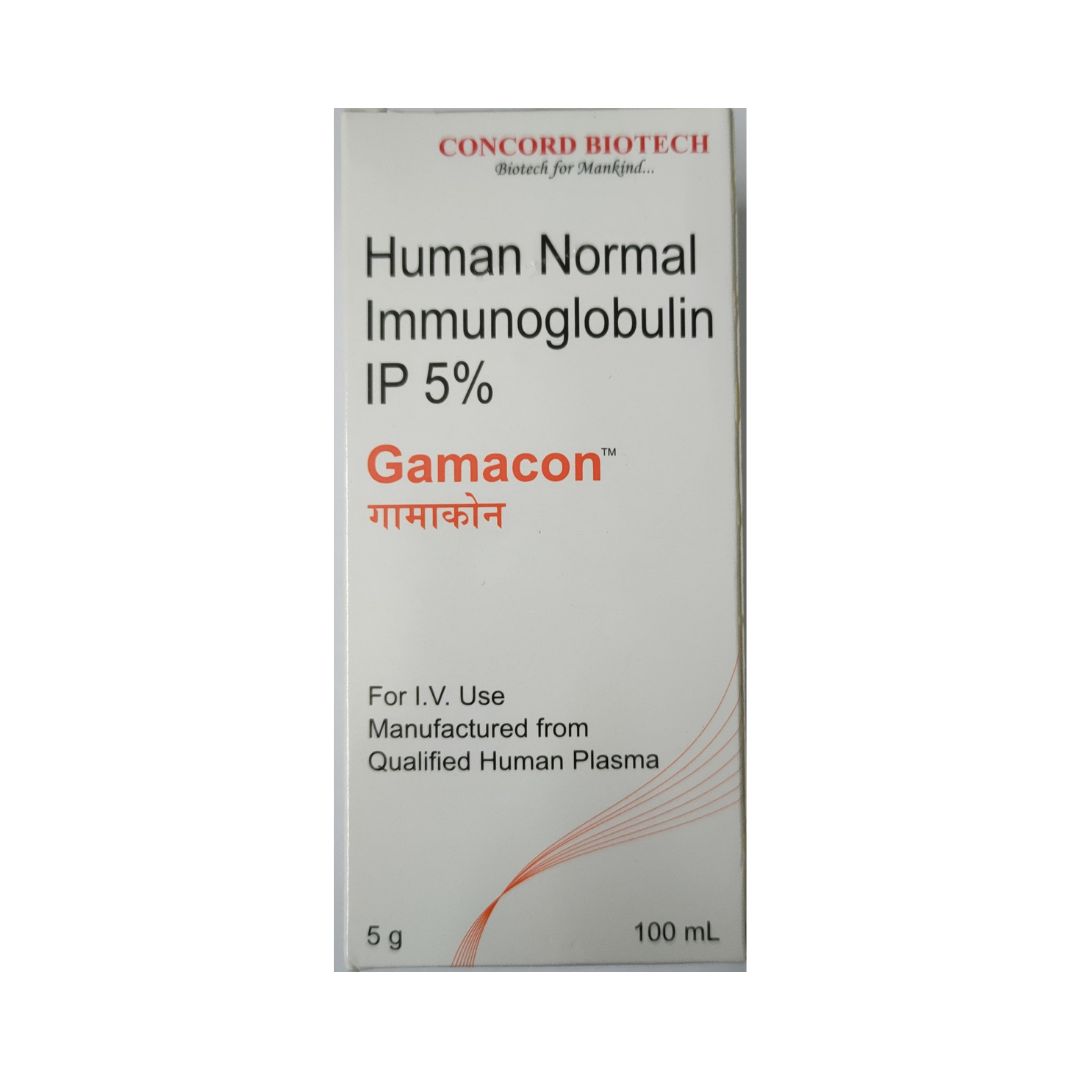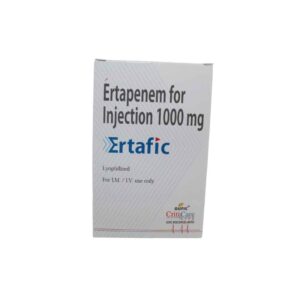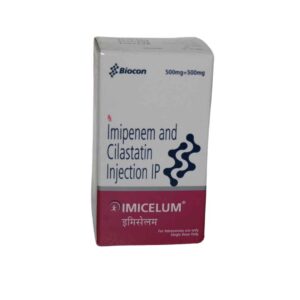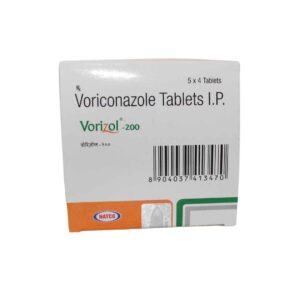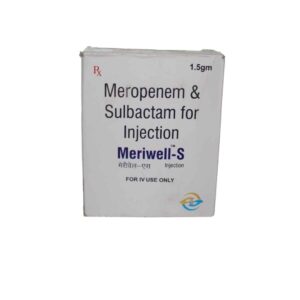Product Information
Gamacon 5% Injection is formulated with human normal immunoglobulin G (IgG) derived from pooled human plasma. The plasma is collected from donors screened for medical history and tested negative for HBsAg, HCV, and HIV I & II antibodies, ensuring safety and efficacy. The manufacturing process includes steps to inactivate and remove potential pathogens.
Administered intravenously, Gamacon delivers a wide range of IgG antibodies capable of opsonizing and neutralizing microbes and toxins. This passive immunity is crucial for patients with primary immunodeficiency disorders and beneficial in managing certain autoimmune conditions.
Indications
Gamacon 5% Injection is indicated for:
- Primary Immunodeficiency (PID): Replacement therapy in conditions such as congenital agammaglobulinemia, common variable immunodeficiency, Wiskott-Aldrich syndrome, and severe combined immunodeficiencies.
- Secondary Immunodeficiency: Prevention of bacterial infections in patients with hypogammaglobulinemia and/or recurrent bacterial infections associated with B-cell chronic lymphocytic leukemia (CLL).
- Idiopathic Thrombocytopenic Purpura (ITP): To increase platelet counts in patients with ITP, reducing the risk of bleeding.
- Kawasaki Syndrome: Prevention of coronary artery aneurysms associated with Kawasaki syndrome.
Composition
Each vial contains:
- Active Ingredient: Human Immunoglobulin 50 g/L (5% solution).
- Stabilizers: May include sugars such as maltose or sucrose.
Dosage and Administration
- Primary Immunodeficiency (PID):
- Dose: 300 to 600 mg/kg body weight administered every 3 to 4 weeks.
- Idiopathic Thrombocytopenic Purpura (ITP):
- Dose: 200 to 400 mg/kg daily for 5 consecutive days.
- Kawasaki Syndrome:
- Dose: 400 mg/kg daily for 5 consecutive days.
Note: Dosage may vary based on individual patient needs and clinical response. Administration should be under the supervision of a healthcare professional experienced in IVIG therapy.
Precautions
- Hypersensitivity: Contraindicated in patients with known hypersensitivity to human immunoglobulin or any component of the formulation.
- Renal Dysfunction: Use with caution in patients with pre-existing renal impairment; monitor renal function during therapy.
- Thromboembolic Events: Monitor for signs of thrombosis, especially in patients with risk factors.
- Aseptic Meningitis Syndrome (AMS): Be vigilant for symptoms such as severe headache, neck stiffness, and fever.
- Hemolysis: Monitor for signs of hemolysis, particularly in patients with blood group A, B, or AB.
- Transfusion-Related Acute Lung Injury (TRALI): Observe for respiratory distress and non-cardiogenic pulmonary edema.
- Vaccinations: May interfere with the efficacy of live attenuated virus vaccines; consult vaccination guidelines.
- Pregnancy and Lactation: Use during pregnancy only if clearly needed. Caution is advised when administered to nursing mothers.
Storage
- Store between 2°C to 8°C.
- Do not freeze.
- Protect from light.
Note
- Administration: Inspect the solution visually for particulate matter and discoloration prior to administration. Do not use if the solution is turbid or contains particles.
- Monitoring: Regular monitoring of renal function, urine output, and serum creatinine is recommended, especially in patients at risk of renal impairment.
- Adverse Reactions: Common side effects include headache, nausea, chills, fatigue, fever, and back pain. Serious adverse reactions may include hypersensitivity reactions, renal dysfunction, thromboembolic events, and hemolysis.

